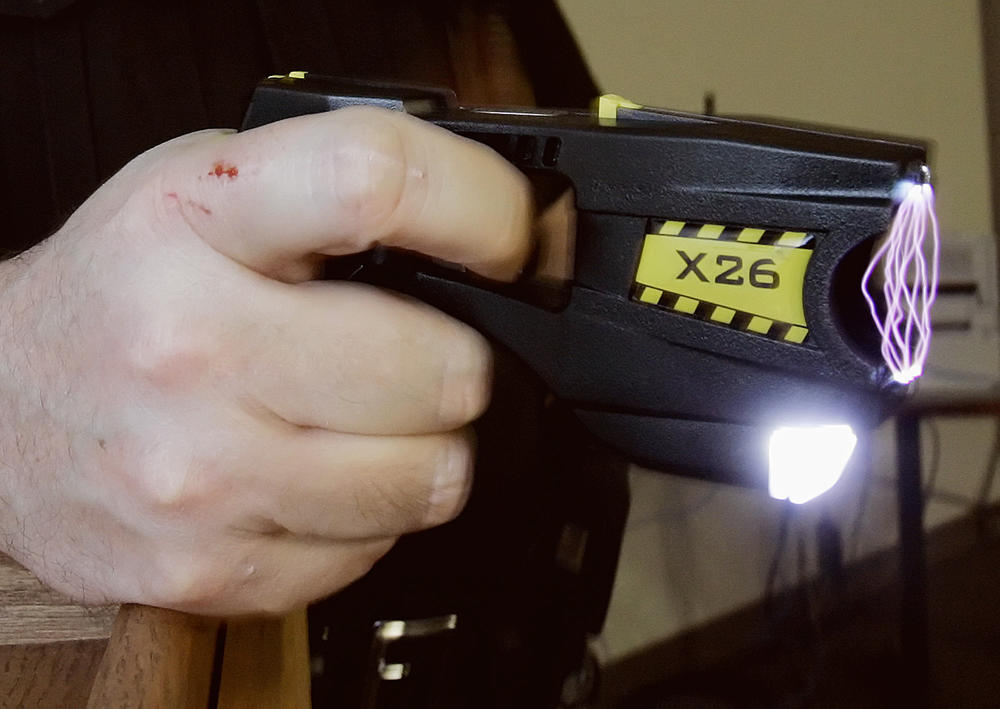Section Branding
Header Content
New Georgia Laws Go Into Effect July 1
Primary Content
Dozens of new laws go into effect in Georgia on July 1. Among them are laws dealing with stun guns on college campuses, new procedures for the criminal justice system, and changes in the privileges granted to law enforcement officers involved in grand jury proceedings related to the use of deadly force.
House Bill 792 — Use of electroshock weapons by people who are students or who are employed at a public institution
House Bill 792 allows students and staff to carry stun guns on public college and university campuses. Supporters of the law say it's all about giving students an option for personal protection on campus. It allows anyone 18 years or older – or currently enrolled in a Georgia public college – to carry a stun gun anywhere on campus.
Lee Greenway, spokesperson for Middle Georgia State University in Macon, said the university is prepared for the legislation to take effect.
“Our University System of Georgia institutions are aware of HB 792 taking effect July 1, and we have been working directly with our campus chiefs of police and safety departments in preparation.”
Earlier this year, Governor Nathan Deal vetoed a campus carry bill, which would have allowed licensed gun owners to bring their weapons onto campus, expect inside dorms, fraternity and sorority houses and sporting events. Supporters have vowed to bring the proposal back in the next legislative session.
SB 367 – Comprehensive reform for offenders entering, proceeding through, and leaving the criminal justice system
Criminal justice reform has been a hallmark of Governor Nathan Deal’s tenure. In his first term, he overhauled the penal system. Friday a new package of reforms meant to help thousands of offenders reenter society successfully after leaving prison will become law.
The new laws offer a chance at parole for some felons serving long sentences. They also block state licensing boards from requiring most people with criminal histories to disclose their background on a job form -- expanding the “ban the box” provision.
The reforms also create charter schools in prisons.
Governor Deal recently told a group of educators working in Georgia’s corrections system that education is the best criminal justice reform for inmates.
“If somebody has an education, and they can read when they couldn’t read before. When they have a skill that is marketable in the general community that they didn’t have before. It’s just common sense. The likelihood that they’re coming back is significantly reduced, and that’s just good for all of us,” Deal said.
In March Deal said that the prison population has now dropped to under 54,000 inmates and that the percentage of nonviolent offenders has decreased dramatically.
House Bill 941 — Review of incidents involving a peace officer’s use of deadly force that results in death or serious bodily injury
Law enforcement officers will no longer be allowed to be present in the entire grand jury hearing, listen to all the evidence against them and then make a statement that cannot be challenged or questioned.
Officers are still allowed to make a statement to the grand jury, but they are now subject to cross-examination by prosecutors.
The law also allows for more public scrutiny of what happens inside the grand jury room. A transcript will be created by a court reporter and the public will be able to read what was said and know the evidence it considered.


